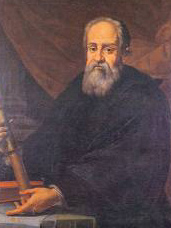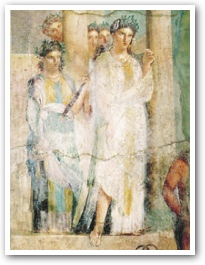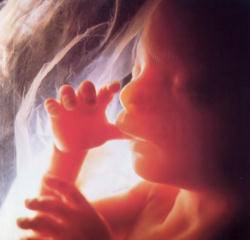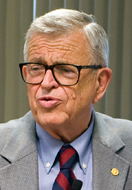How do you respond when “bad things” happen to you? When you experience disappointment or setbacks? When you are hurt by something someone said?
When experiencing sorrow, we might be tempted to close in on ourselves. We might allow negative emotions to gnaw at us. We might fail to be attentive to others’ needs because we are so preoccupied with our troubles. We might also become sluggish in our responsibilities, not giving the best of ourselves at work and with our family.
Some people simply are not pleasant to be around when they experience sorrow. They become gloomy and grumpy, and might even let their frustrations out on others.
Human beings cannot escape suffering in this world. However, the way we face life’s sorrows is a question of moral character. Do we allow sorrow to dominate our existence? [Read more…]






